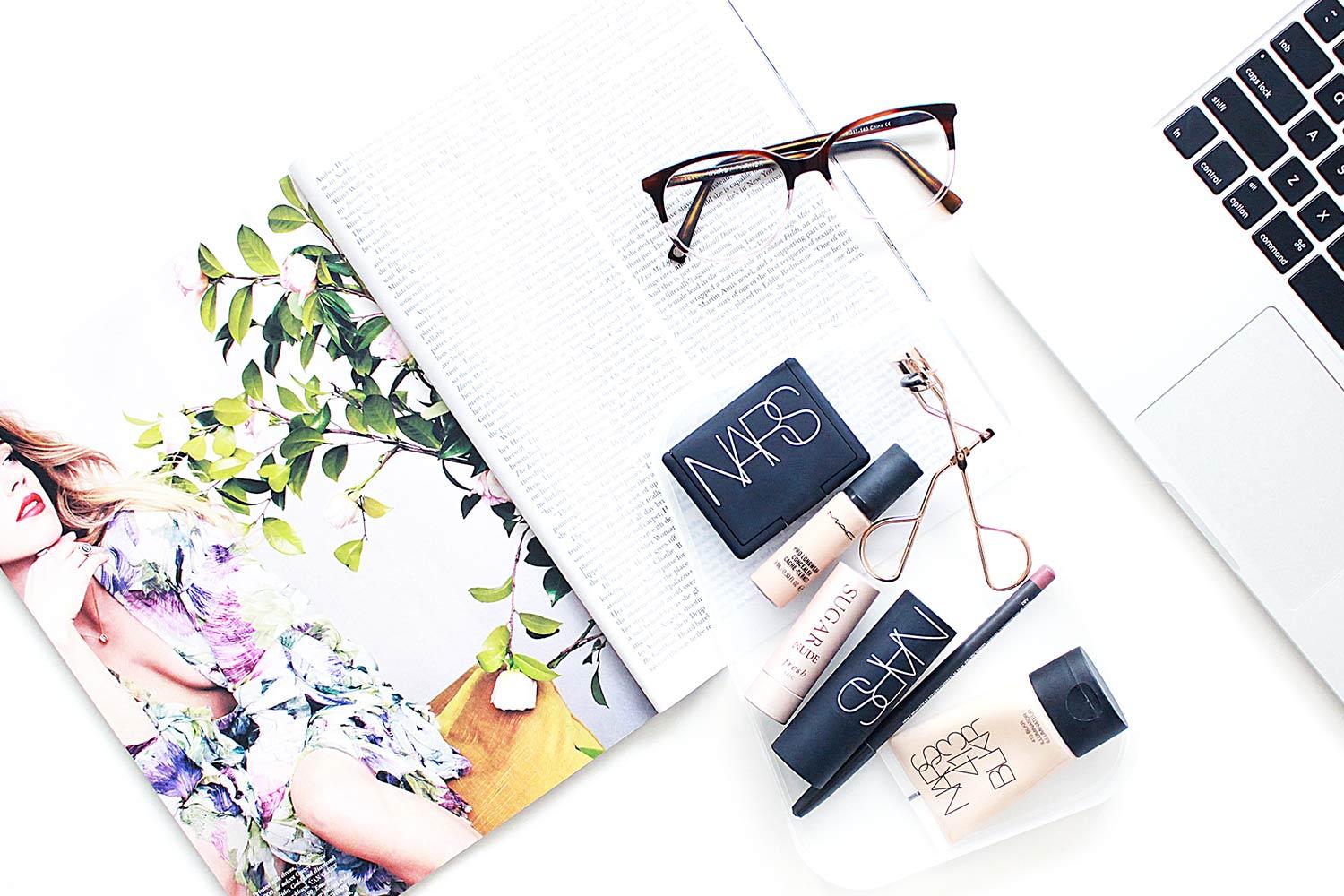Fashion used to the be the realm of the rich and famous, but with the rise of social media and high street collaborations, there has been revolution in the fashion world – but is this a good thing?
In recent years, we have seen a shift in the fashion industry; going from a somewhat elitist affair, where rich ‘it’ girls would hide behind the glamourous façade of designer labels that the average person could never afford, to a readily available market that people, no matter what class, can access. However, with the diminishing of this elitism which was once so important to the fashion industry, can we even call fashion ‘fashion’ anymore?
This change is predominantly due to the rise in social media; not only can we see, almost instantaneously, the pictures posted from the front row of London Fashion Week, but more importantly, there is the fact that anyone can use social media – Instagram is used by models and teenage girls alike to show the world their own concept of fashion.
Some say that this is damaging to the fashion industry. Many claim that these new fashion ‘gurus’ now have more influence than the high-end designers which is ‘damaging’ as these new influencers will favour the high street over designer brands. Furthermore, a survey in 2015 showed that one third of people’s style is influenced by inspiration on social media. This could be seen as problematic for designers as people who aren’t showcasing the high end of fashion, are holding an ever growing influence over consumers.
Yet maybe this should be seen as a good thing; fashion should not be limited to a certain people, it should be for everyone as a means of self-expression and interest. Bloggers and gurus often use high-street brands, rather than designer labels, therefore there is a lot less pressure on people to buy luxury items of clothing.
High street brands using digital influencers and social media can’t be seen as detracting from the high end but rather returning the meaning of self-expression to consumers. An excellent example of this is street-style which is popular on social media, such as ASOS’ ‘#AsSeenOnMe’, where the true emphasis lies with individuality and self-expression, rather than following catwalk trends, thus making fashion accessible to everyone.
Tessa Jones
Cover Image: http://raindropsofsapphire.com

